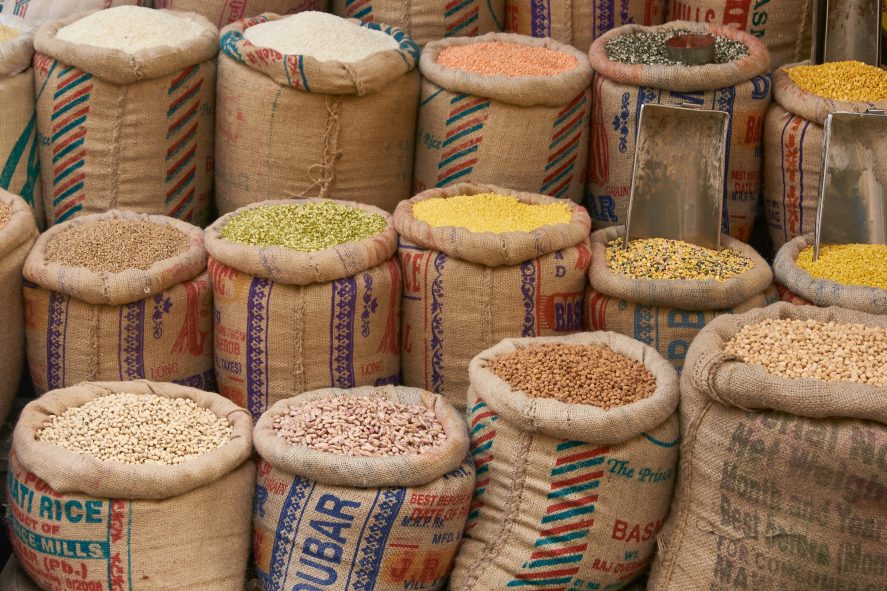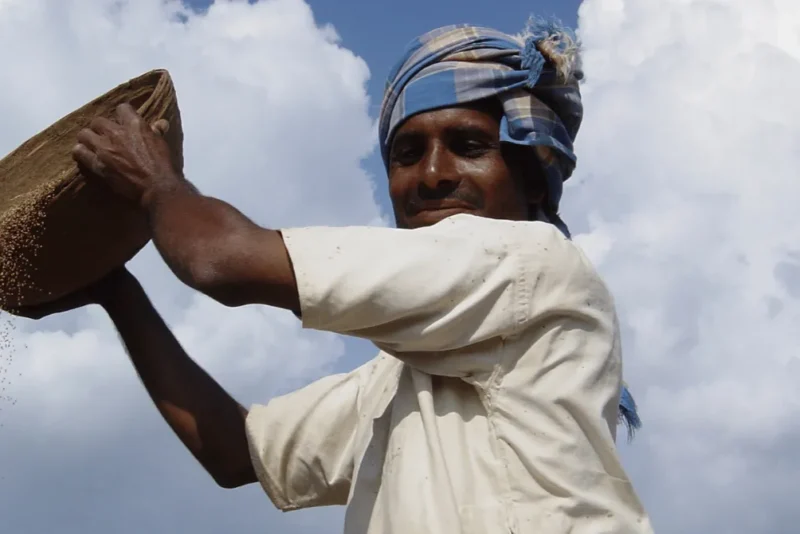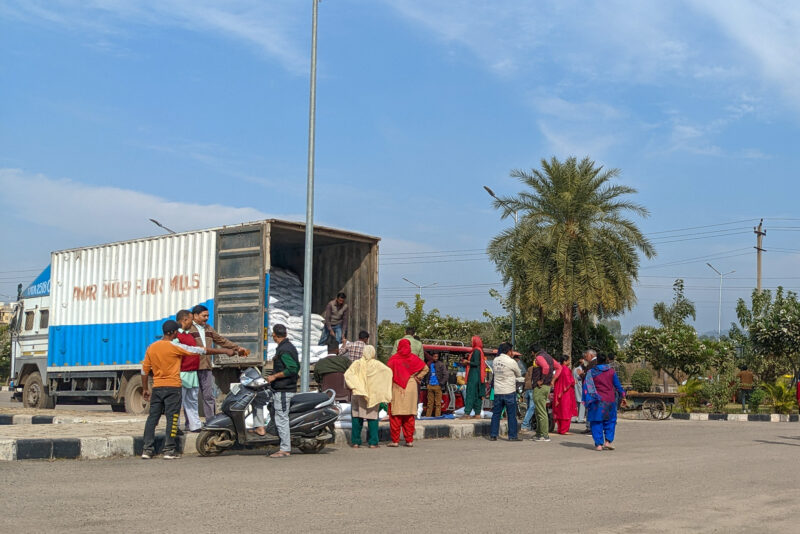True Cost of Food Subsidies in India

The Indian government spends tens of billions of dollars each year to provide subsidized food to more than 800 million people through the Public Distribution System, or PDS. This monumental program ensures the food security of some of India’s most impoverished citizens, but high transaction costs and a reliance on resource-intensive crops impose a price that does not appear on government ledgers. TCI aims to estimate the true cost of the PDS by accounting for hidden costs like the health and environmental impacts of the program.
The cost of food security
Each year, the PDS costs India roughly 5% of its budget. This number, however, does not account for non-monetary impacts, such as environmental and public health effects. For example, the use of scarce water sources to irrigate rice and wheat grown for the PDS carries an environmental price, as do the greenhouse gas emissions associated with grain production. Accounting for these impacts provides a more complete picture of the cost of the PDS and illuminates pathways to make the program more efficient and sustainable.
A more sustainable PDS
TCI is using a ‘true cost accounting’ approach to measure the costs and societal impacts of the PDS and the savings that can found through potential changes to the program.
True cost accounting provides a holistic assessment of the food system, essentially measuring, valuing, and describing the processes from farm to plate by accounting for all direct and indirect costs and values.
TCI researchers will measure the impacts of the PDS on five areas of Indian society:
- Health
- Environment
- Biodiversity
- Economy
- Livelihoods
Modeling alternatives
As part of this project, TCI is also modeling the costs of an alternative PDS food basket to provide policymakers with additional information for making the PDS more efficient and nutritious. The alternative basket features locally sourced grains, with an emphasis on millets. This basket is designed to reduce procurement and storage costs by encouraging local cultivation, decentralized procurement, and the development of storage infrastructure
Financial support
TCI is undertaking the project with financial support from The Rockefeller Foundation. The findings and conclusions shared as part of this project are those of the authors and do not necessarily reflect the positions or policies of The Rockefeller Foundation.
Featured image: Pulses and lentils are displayed for sale at a market in New Delhi, India. (Photo by Jeremy Richards/Shutterstock)





